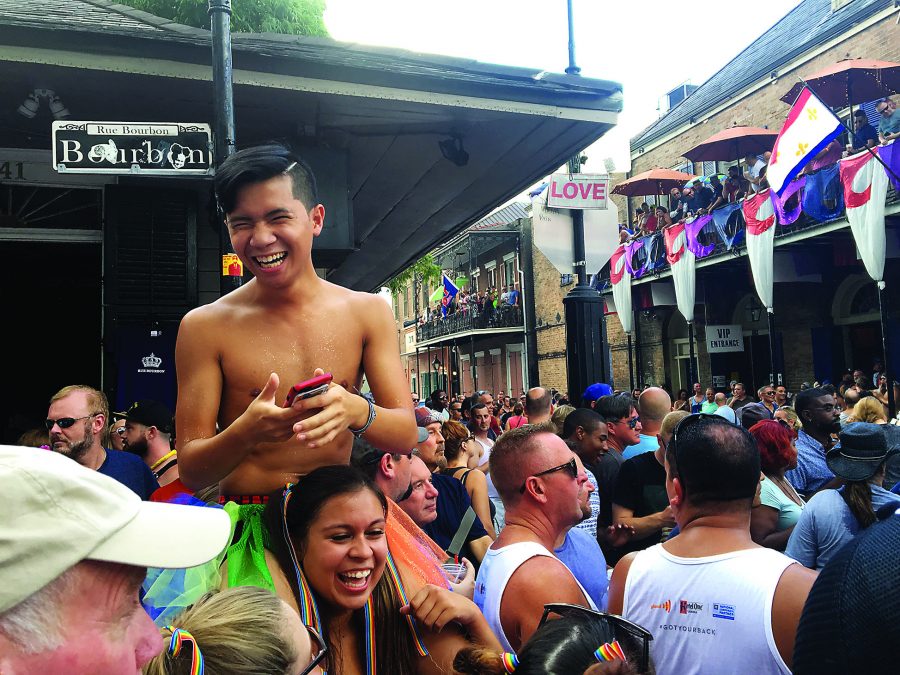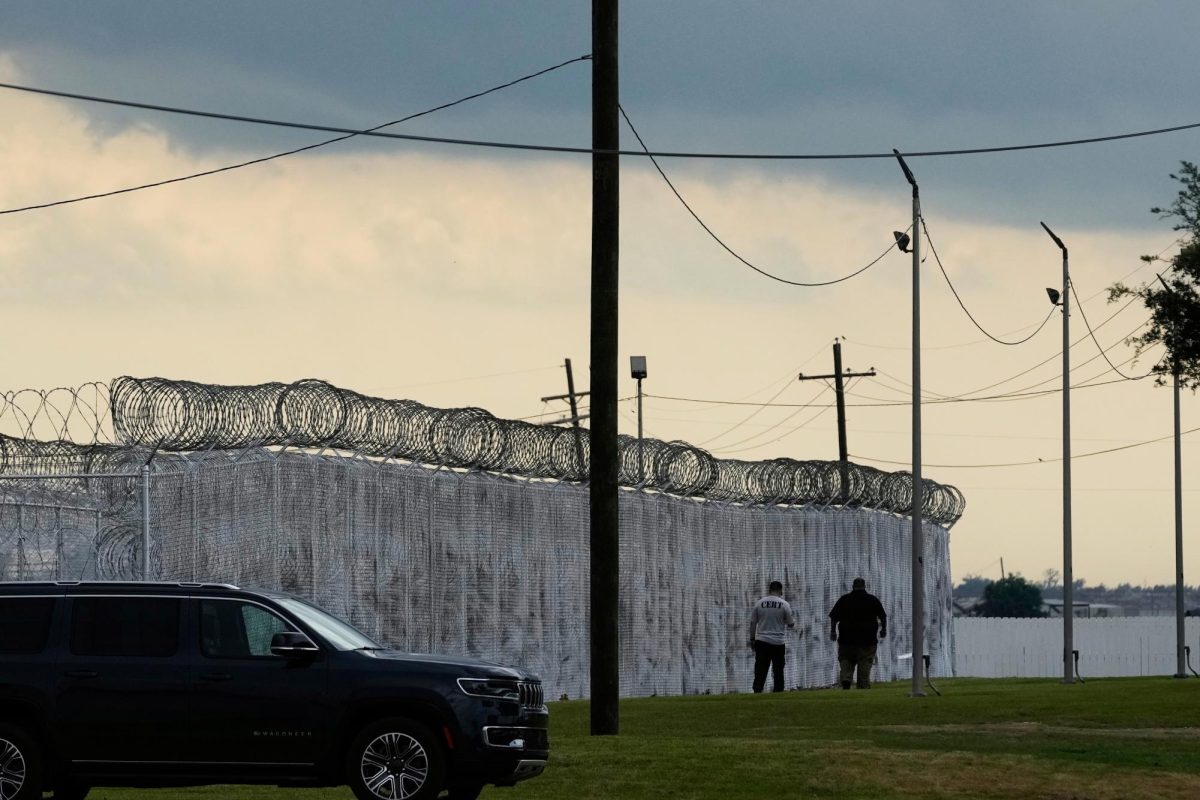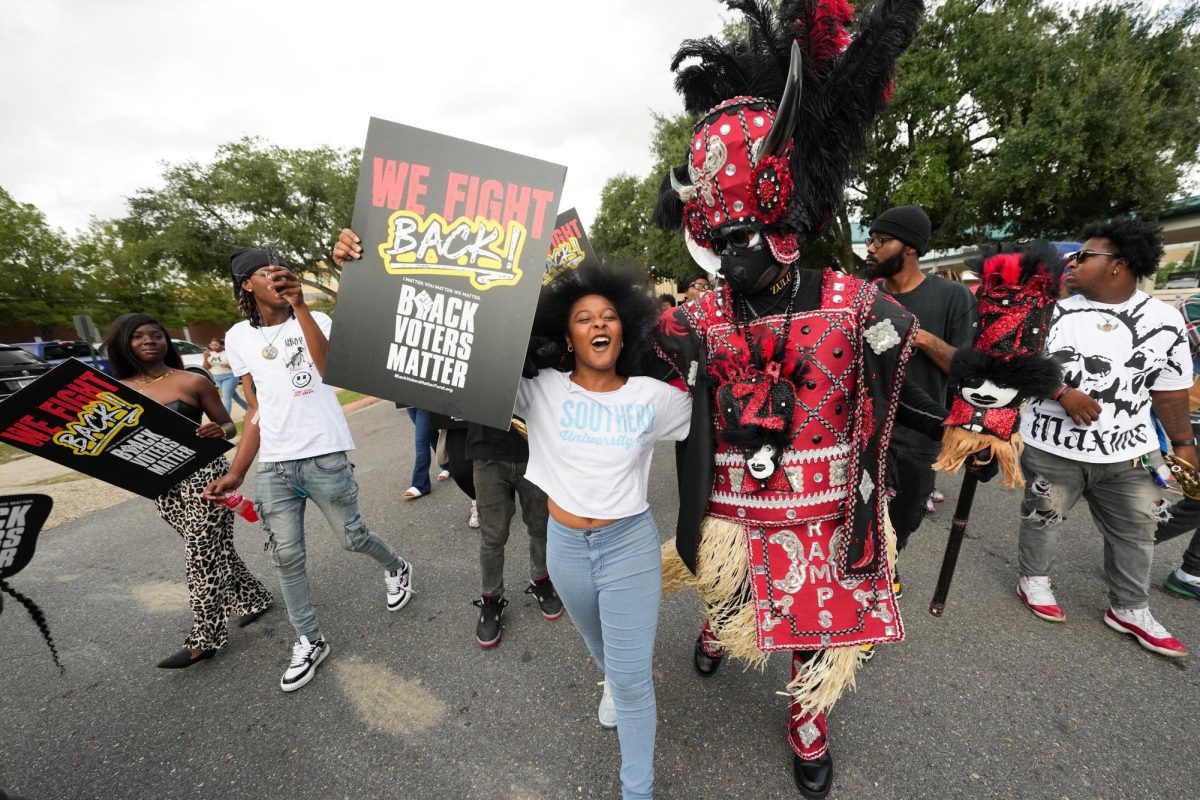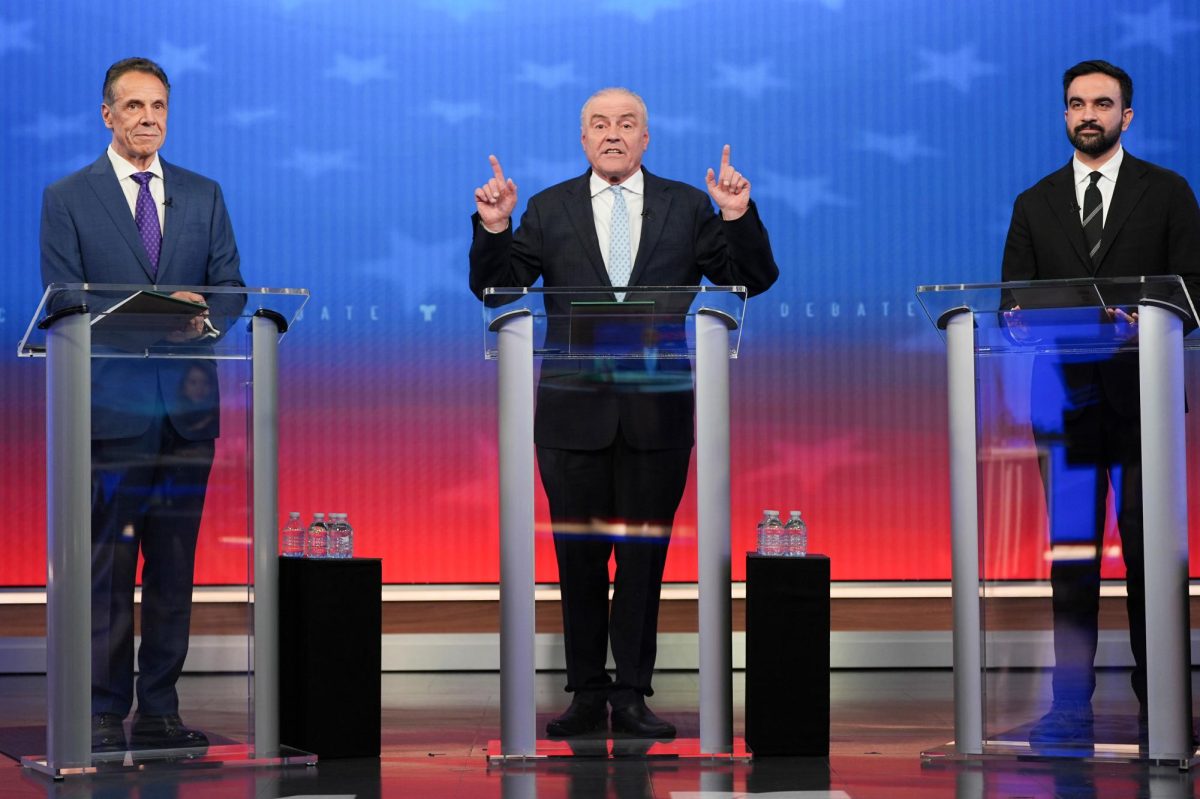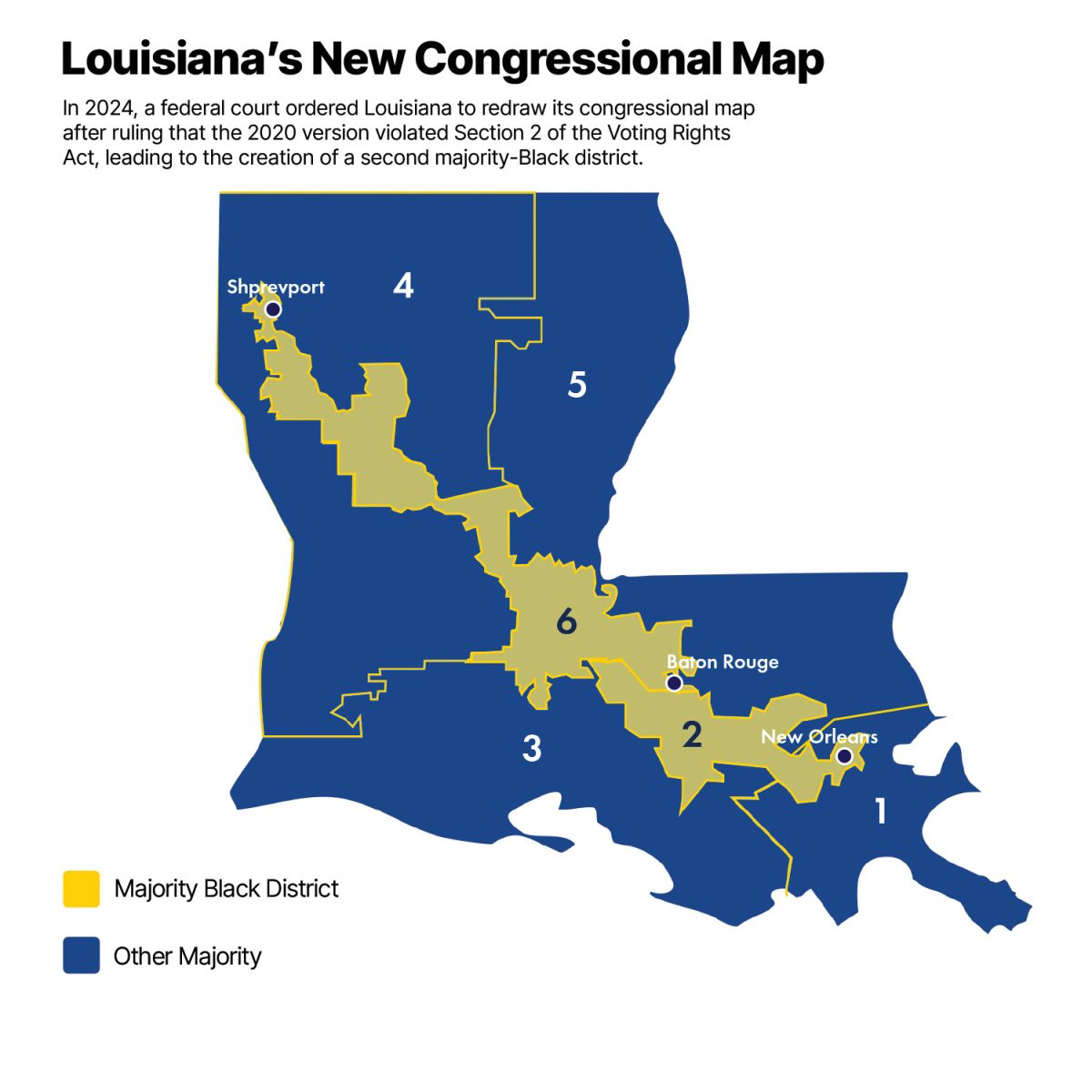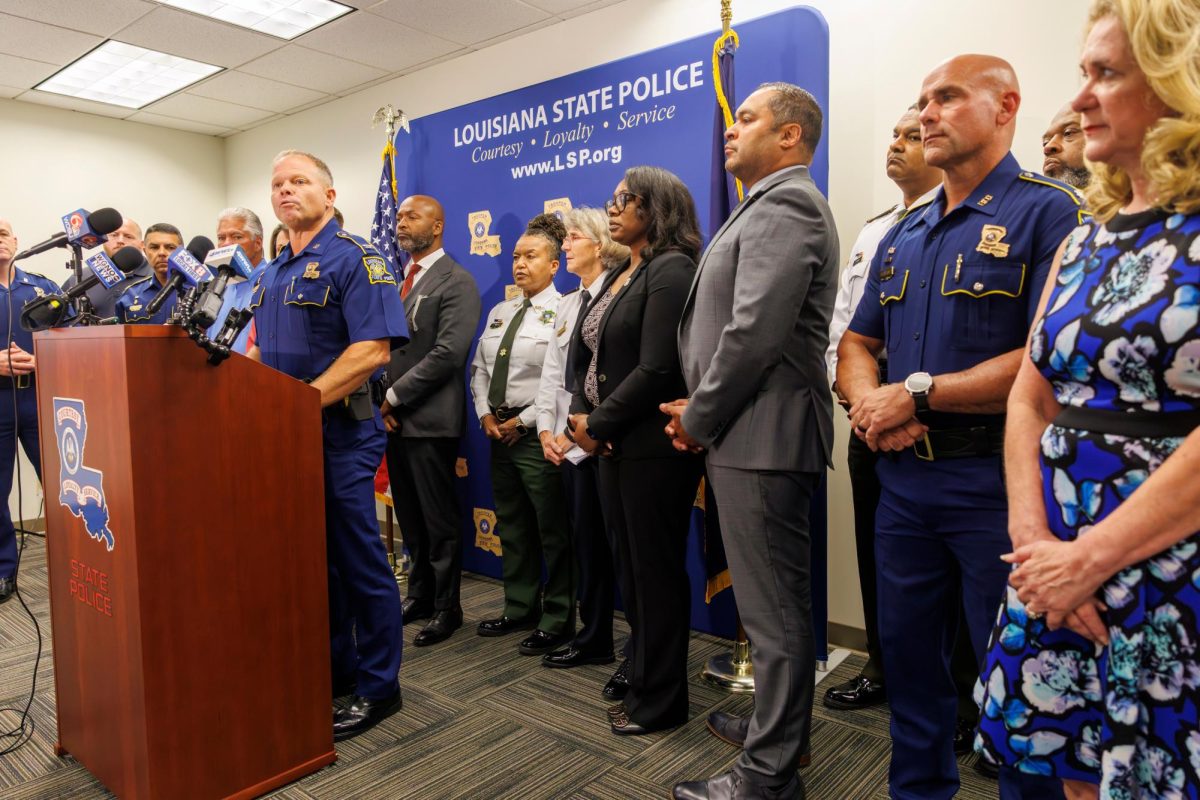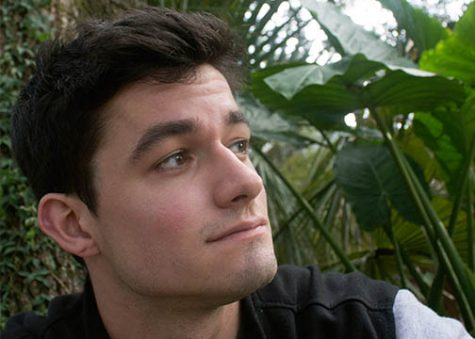What started as a jubilant going-away costume party for Treme resident Michael Evers in the summer of 1972 has exploded to be one of the world’s premiere gay pride events, with over 180,000 participants attending in 2015.
Colloquially dubbed “Gay Mardi Gras” by its fervent attendees, Southern Decadence elevates the already rowdy French Quarter into an epicenter of dancing, indulgence and exuberant sensuality in a six-day party that culminates with a bustling parade through the French Quarter on the Sunday before Labor Day.
The popularity of this event is evident both in its participation and the impressive economic impact it yields, having brought $215 million last year. Tourism to the city spikes considerably over Labor Day weekend, with attendees booking hotel rooms in the French Quarter up to a year before the event.
Maria White, Communications Coordinator at the New Orleans Conventions and Visitors Bureau, offered scope for the sheer size of the Labor Day weekend event.
“Southern Decadence is the fifth largest annual celebration in the City of New Orleans, exceeded only by Mardi Gras, Essence Festival, Jazz Fest and French Quarter Festival,” White said.
While the event has attracted huge crowds of revelers over its 45 years of annual celebrations, the debauchery has been met with significant opposition from conservative and evangelical groups since its inception.
In 2003, there was a public rally to have Southern Decadence cancelled, with video footage documenting lewd acts performed in the streets. Following a 2011 “aggressive solicitation” ordinance introduced by District C City Councilwoman Kristin Gisleson Palmer, it was made a crime “to loiter or congregate on Bourbon Street for the purpose of disseminating any social, political or religious message between the hours of sunset and sunrise.” Violation of the law is a misdemeanor punishable by up to six months in jail and a $500 fine. Since then, opponents of Decadence that congregate to denounce homosexuality have been repressed, with nine preachers being arrested during the 2012 celebration.
But criticism of Decadence is not limited to religious groups–some within the New Orleans gay community itself criticize the scope of Southern Decadence as being too narrow. Jules Vetter, a Tulane music composition major, feels as though the celebration only champions a select fraction of the LGBT community.
“I like Southern Decadence because I know I’ll have fun there. Beyond what’s planned at the bars and clubs around the French Quarter, there are all sorts of parties to attend, but I’m still critical of Decadence and Pride. They’re not inclusive spaces. Transgender people and women are frequently snubbed, as are gay men of color and those of us without washboard abs. Pride doesn’t tell you to be proud if you’re anything other than fit, white, cisgender and gay,” Vetter said.
C.W. Cannon, Ph. D. professor of English and New Orleans studies at Loyola, maintains that Southern Decadence is emblematic of the fun-loving nature of the city, and is unique from Pride celebrations anywhere else in the world.
“It’s important to realize that while there is already a New Orleans Pride Festival within the city, Southern Decadence is much bigger annually, and separates itself from combatting issues and social activism in favor of pure celebration and embracing differences within the community,” Cannon said.
The late-summer spectacle has almost tripled in size in the last four years, and shows no signs of slowing down.


